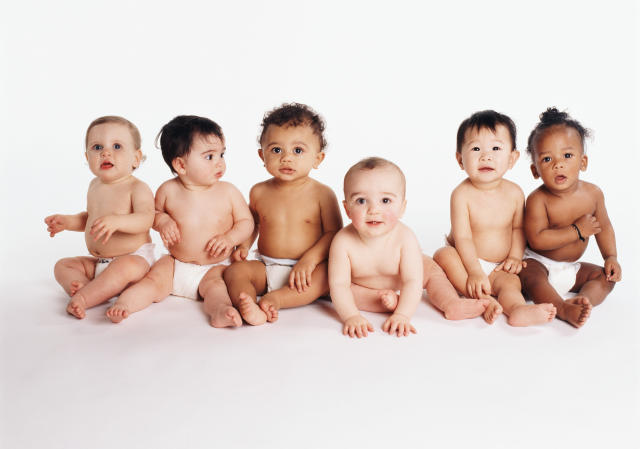Australia’s birth rate is declining rapidly. This is according to data from the federal government’s Australian Institute of Health and Welfare.
In 2020, the number of women giving birth was 56 per 1000 women aged between 15 and 44, down from 66 per 1000 women in 2007.
Between 1998 and 2020, the number of women giving birth decreased from 310,247 women to 250,017 women, and the number of children born decreased from 314,814 to 254, 326 children.
This means that the population of Australia is ageing over time and in 2020, there were more deaths than births in the country.
While the decreasing fertility rate means the percentage of younger cohorts within the population are decreasing, Australia’s population itself has not decreased because of the intake of immigrants.
Peter McDonald, Professor of Demographics at the University of Melbourne, said during an interview with Nine News that this intake “more than accounts” for the falling birth rate, but that a stable birth rate is still integral for healthy population growth.
Without migrants he said, “we will get an older and older population”.
Not only is the birth rate decreasing, but the average age of mother is increasing. In 1998 the average age was 29.5, which increased by a whole year to 30.5 years in 2020. This change could be due to a number of societal factors.
According to research conducted by Monash IVF in the early 2000s, many women delayed having children until they thought they had found a suitable partner. A further 30% wanted to be financially stable before starting a family, and 26% simply weren’t interested.
Recently, Millennial women, who have spent years building up their careers and savings after the 2008 financial crisis, do not feel as though they are in the right place to start a family. Similarly, the older members of Generation Z (23 and 24 years old), whose educations and careers were most affected by the pandemic, are also less likely to have children.
Data from Forbes showed that while increasing female labour rates, Gen Z kids were planning to postpone motherhood and have fewer children than Millennials. 27% don’t want to have kids, and of these, 89% said they value flexibility and 70% value time alone.
As well as this, the threat of climate change and overpopulation were contributing factors to most young people’s aversion to having children.
While many people’s decisions not to have children are valid, a declining population poses serious consequences for the future of the Australian economy and threatens recession.

